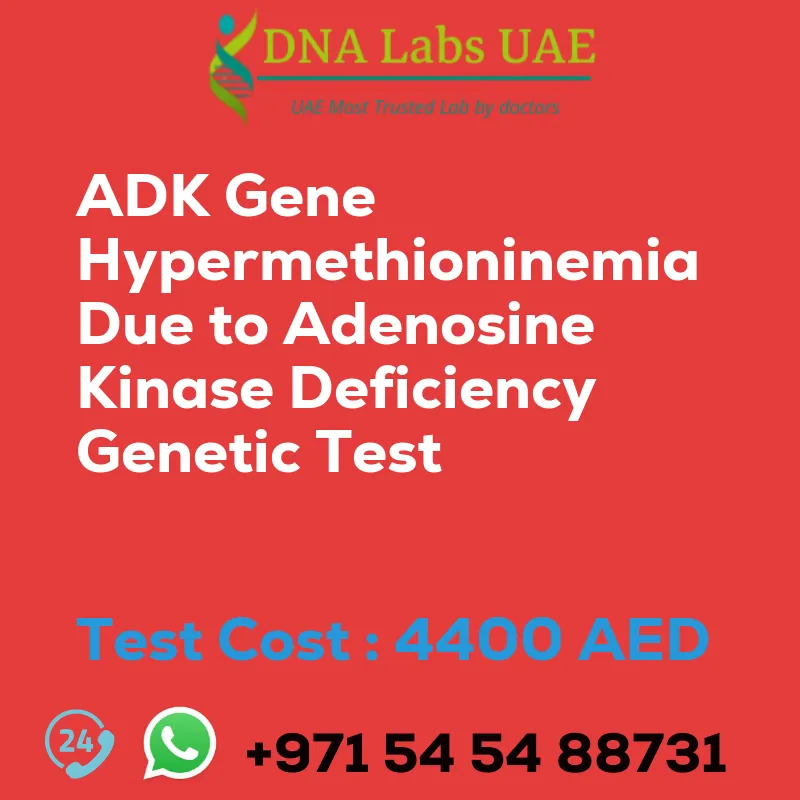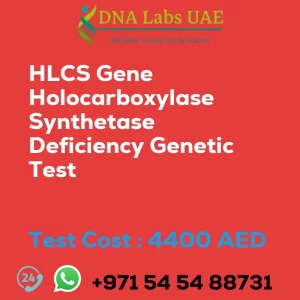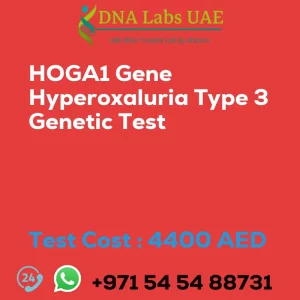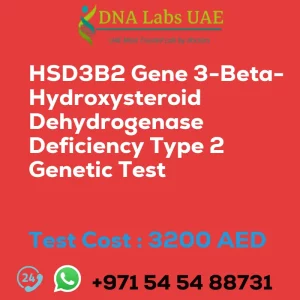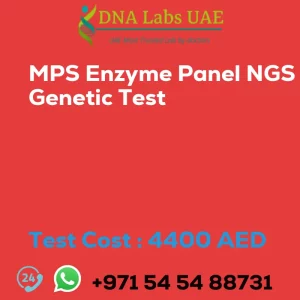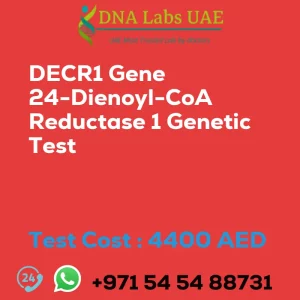ADK Gene Hypermethioninemia due to adenosine kinase deficiency Genetic Test
Test Name: ADK Gene Hypermethioninemia due to adenosine kinase deficiency Genetic Test
Components: NGS Technology
Price: 4400.0 AED
Sample Condition: Blood
Report Delivery: 3 to 4 Weeks
Test Type: Metabolic Disorders
Doctor: General Physician
Test Department: Genetics
Pre Test Information: Clinical History of Patient who is going for ADK Gene Hypermethioninemia due to adenosine kinase deficiency NGS Genetic DNA Test. A Genetic Counselling session to draw a pedigree chart of family members affected with Hypermethioninemia due to adenosine kinase deficiency.
Test Details
ADK gene hypermethioninemia is a rare genetic disorder caused by mutations in the ADK gene. This gene provides instructions for making the adenosine kinase enzyme, which plays a crucial role in the breakdown of adenosine and methionine metabolism. Individuals with ADK gene hypermethioninemia have elevated levels of methionine in their blood and urine. This can lead to a variety of symptoms, including developmental delay, intellectual disability, seizures, and liver problems.
NGS (Next-Generation Sequencing) genetic testing can be used to identify mutations in the ADK gene. This type of testing allows for the simultaneous analysis of multiple genes, making it a powerful tool for diagnosing genetic disorders. During NGS testing, a sample of DNA is obtained from the individual being tested, typically through a blood or saliva sample. The DNA is then sequenced, and the resulting data is analyzed to identify any mutations or variations in the ADK gene.
NGS testing can help confirm a diagnosis of ADK gene hypermethioninemia and provide important information for treatment and management of the condition. It can also be used for carrier testing in individuals with a family history of the disorder. It is important to note that NGS testing may not be available in all healthcare settings and may require referral to a specialized genetic testing laboratory. Additionally, genetic counseling is often recommended before and after testing to help individuals understand the implications of the results and make informed decisions about their healthcare.
| Test Name | ADK Gene Hypermethioninemia due to adenosine kinase deficiency Genetic Test |
|---|---|
| Components | |
| Price | 4400.0 AED |
| Sample Condition | Blood |
| Report Delivery | 3 to 4 Weeks |
| Method | NGS Technology |
| Test type | Metabolic Disorders |
| Doctor | General Physician |
| Test Department: | Genetics |
| Pre Test Information | Clinical History of Patient who is going for ADK Gene Hypermethioninemia due to adenosine kinase deficiency NGS Genetic DNA Test A Genetic Counselling session to draw a pedigree chart of family members affected with Hypermethioninemia due to adenosine kinase deficiency |
| Test Details |
ADK gene hypermethioninemia is a rare genetic disorder caused by mutations in the ADK gene. This gene provides instructions for making the adenosine kinase enzyme, which plays a crucial role in the breakdown of adenosine and methionine metabolism. Individuals with ADK gene hypermethioninemia have elevated levels of methionine in their blood and urine. This can lead to a variety of symptoms, including developmental delay, intellectual disability, seizures, and liver problems. NGS (Next-Generation Sequencing) genetic testing can be used to identify mutations in the ADK gene. This type of testing allows for the simultaneous analysis of multiple genes, making it a powerful tool for diagnosing genetic disorders. During NGS testing, a sample of DNA is obtained from the individual being tested, typically through a blood or saliva sample. The DNA is then sequenced, and the resulting data is analyzed to identify any mutations or variations in the ADK gene. NGS testing can help confirm a diagnosis of ADK gene hypermethioninemia and provide important information for treatment and management of the condition. It can also be used for carrier testing in individuals with a family history of the disorder. It is important to note that NGS testing may not be available in all healthcare settings and may require referral to a specialized genetic testing laboratory. Additionally, genetic counseling is often recommended before and after testing to help individuals understand the implications of the results and make informed decisions about their healthcare. |

